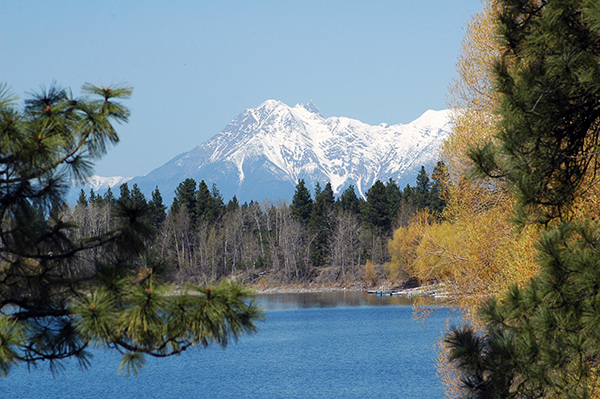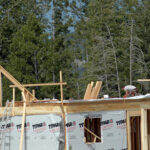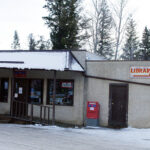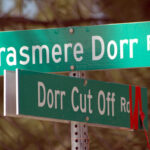Home »

Merchantable material will be wasted
Letter to the Editor
Re: RDEK Baynes Lake proposed timber mastication project
The proposed 2013 Regional District of East Kootenay (RDEK) Baynes Lake Fuel load reduction project on ~ 50 hectares through mastication-piling-burning will reduce the wildfire risk in the area but will do so by destroying approximately 1,000 m3 of merchantable fire/pulp and saw logs at great expense rather than harvesting these stems for sale.
The B.C. annual allowable cut is expected to decrease due to over cutting and local mills are actively purchasing from all available sources. Why are we still destroying merchantable product at great cost to the public rather than profiting from their harvest? Global warming is claimed to be caused by industrial green house gases so why choose the high CO2 generating mastication-pile-burn method with excessively high fossil fuel use rather than the lower impact of selective logging and utilizing the removed product?
The proposed treatment area is a sensitive viewscape and public walking area so why create a tangled mass of masticated debris that must be hand piled and burned rather than selectively logging and creating an economic benefit? Why create an expensive economic, visual and safety liability? Why is the RDEK planning on wasting public money to destroy economically viable merchantable timber to generate a more even aged stand for future clear cutting (another future eyesore irritant for the community) rather than selectively harvesting it in stages to pay for the removal?
The RDEK appears to be constrained by the Forestry Prescription written by Randy Harris RPF of the Cranbrook FLNR office. The prescription probably does not reflect his personal preference but, based upon my past experience with forestry, it is what he is allowed to prescribe due to the apparent entrenched clearcut policy dictated by the forest industry mindset. Even a single more visually pleasing and economically sensible selective cut on Crown land would create a precedent-demand for other similar treatments and would undermine the clearcut arguments.
This wasteful treatment protocol has already wasted large sums of Columbia Basin Trust money (privately acknowledged by some CBT officials) on similarly misdirected Trench Restoration projects.
If anyone is interested, call me and I will arrange to accompany you and show you the treatment areas in question and also show you other areas that were successfully selectively harvested to remove insect infested/killed timber. There are a number of available contractors capable of selective harvesting.
I have no expectation of official corrective action nor personal gain from this letter, indeed, if the past is any indication, I expect official harassment and obstruction to make my life more difficult, both economically and socially. I have been waiting for 12 months now for promised responses to my questions to FLNR regarding officially acknowledged unauthorized commercial trespasses on Crown land. I have been waiting for 12 months now for promised responses to my questions with respect to FLNR having an “understanding” to allow some trespass but now claim they have no jurisdiction to enforce nor will they inform me who has jurisdiction/management of the subject property formerly administered by Wildlife and Parks.
I believe the FLNR imposed/proposed wasting of Baynes Lake merchantable timber, the refusal to prevent-prosecute acknowledged unlawful commercial trespass on Crown land, the refusal to prevent-prosecute compliance staff documented violations of the Forest Act by forest companies and others, choosing rather to re-assign the investigating official(s?) to a less important function or another district office constitutes prosecutable breaches of public trust.
“The only thing necessary for the triumph of evil is for good men to do nothing,” – Burke, Edmund.
I am just one voice. It’s up to you from here on.
Walter Kehler







